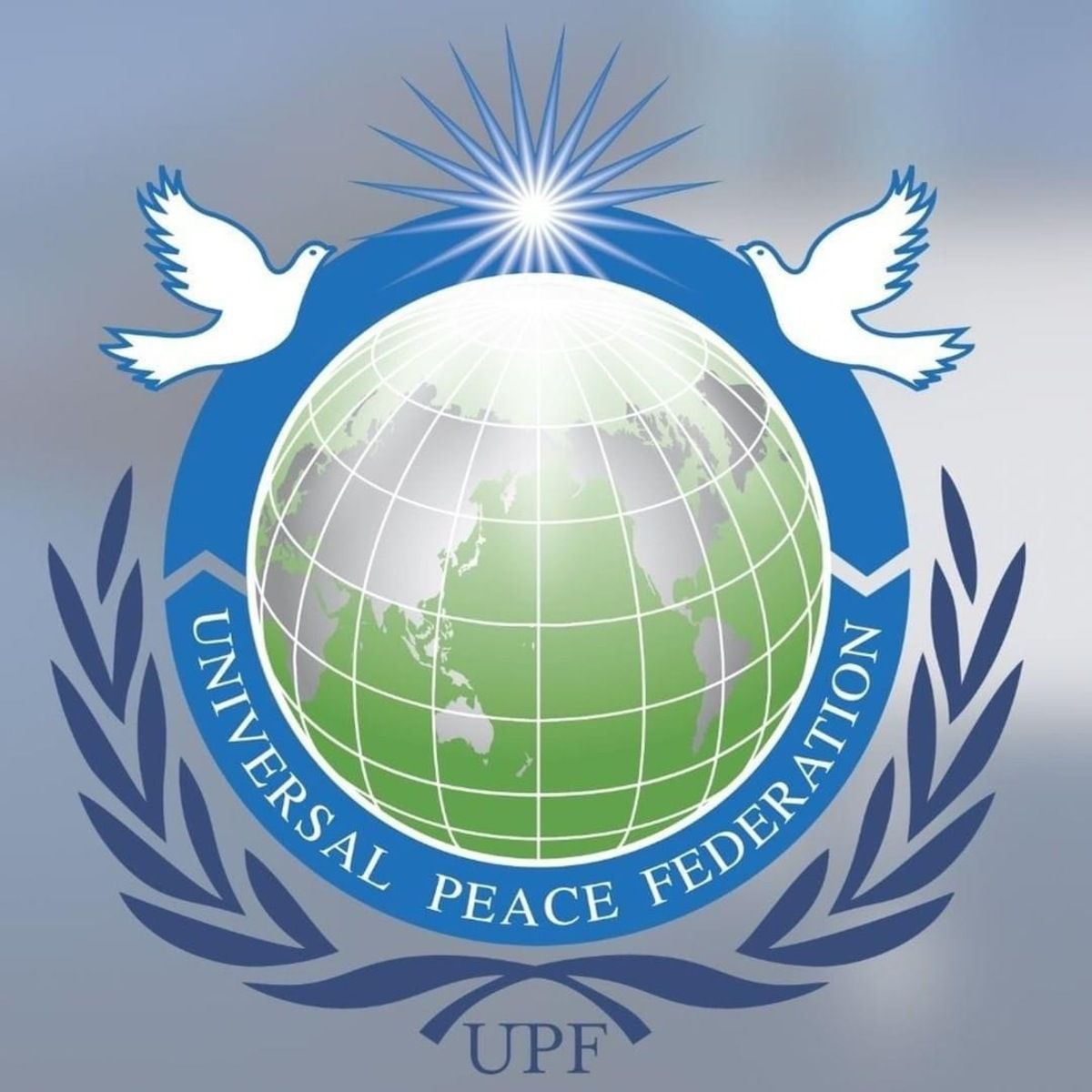Each year on November 10, the international community observes World Science Day for Peace and Development, proclaimed by UNESCO in 2001 to highlight science’s role in sustainable progress and peace.

The 2025 theme, Trust, Transformation, and Tomorrow: The Science We Need for 2050, underscores the importance of transparency, inclusion, and ethics in scientific practice. These values resonate deeply with the Universal Peace Federation’s principles of interdependence, mutual prosperity, and universally shared values, emphasizing that scientific progress must be rooted in trust and moral purpose. The theme also reflects UPF’s vision of transformation through cooperation and moral leadership, affirming that true progress unites knowledge and character.

Founded in 2005 by Dr. Hak Ja Han and the late Dr. Sun Myung Moon, UPF recognizes that sustainable development is inseparable from human dignity. Humanity faces climate change, biodiversity loss, and AI's social impacts; UPF affirms that progress without ethics is incomplete.
The International Association of Academicians for Peace (IAAP), a UPF association, unites scholars for ethical research. IAAP promotes dialogue, showcasing interdisciplinary research on sustainability and human development. It advances projects on sustainability, bioethics, and education and continues initiatives previously established by UPF co-founders like International Conference for the Unity of Sciences (ICUS, 1972), Professors World Peace Academy (PWPA, 1973), Unification Thought Institute (UTI, 1972), and World Research Institute for Science and Technology (WRIST, 1984).

ICUS gathered Nobel laureates including Sir John Eccles, Eugene Wigner, and Ilya Prigogine, hosting major conferences over the decades in cities such as Seoul, Tokyo, Washington, and Paris. Events like ICUS VIII (1979), ICUS XIII (1984), and ICUS XXI (2000) discussed science and values, shaping interdisciplinary dialogue for decades. PWPA (1973) launched the International Journal on World Peace (1984). UTI (1972) linked science and spirituality via Unification Thought; WRIST (1984) focused on technology, applied science, ocean engineering, technology transfer, and environmental research.
UPF supports the UN's 2030 Agenda for Sustainable Development, highlighting how its own principles correspond to key SDGs—education (SDG 4) through moral learning, innovation and infrastructure (SDG 9) through responsible scientific advancement, and climate action (SDG 13) through stewardship of creation. These efforts align closely with UPF’s belief in the ethical use of science for global wellbeing. UPF also supports UNESCO’s science for peace initiatives, the UN Decade of Ocean Science (2021–2030), and the IPCC.

UPF calls on governments and institutions to promote scientific integrity and cooperation via joint research. UPF envisions scientific progress fostering reconciliation between humanity and nature, promoting unity and respect.
Dr. Tageldin Hamad
President, Universal Peace Federation
The Briefing Leaders Rely On.
In a landscape flooded with hype and surface-level reporting, The Daily Upside delivers what business leaders actually need: clear, concise, and actionable intelligence on markets, strategy, and business innovation.
Founded by former bankers and veteran business journalists, it's built for decision-makers — not spectators. From macroeconomic shifts to sector-specific trends, The Daily Upside helps executives stay ahead of what’s shaping their industries.
That’s why over 1 million readers, including C-suite executives and senior decision-makers, start their day with it.
No noise. No jargon. Just business insight that drives results.





